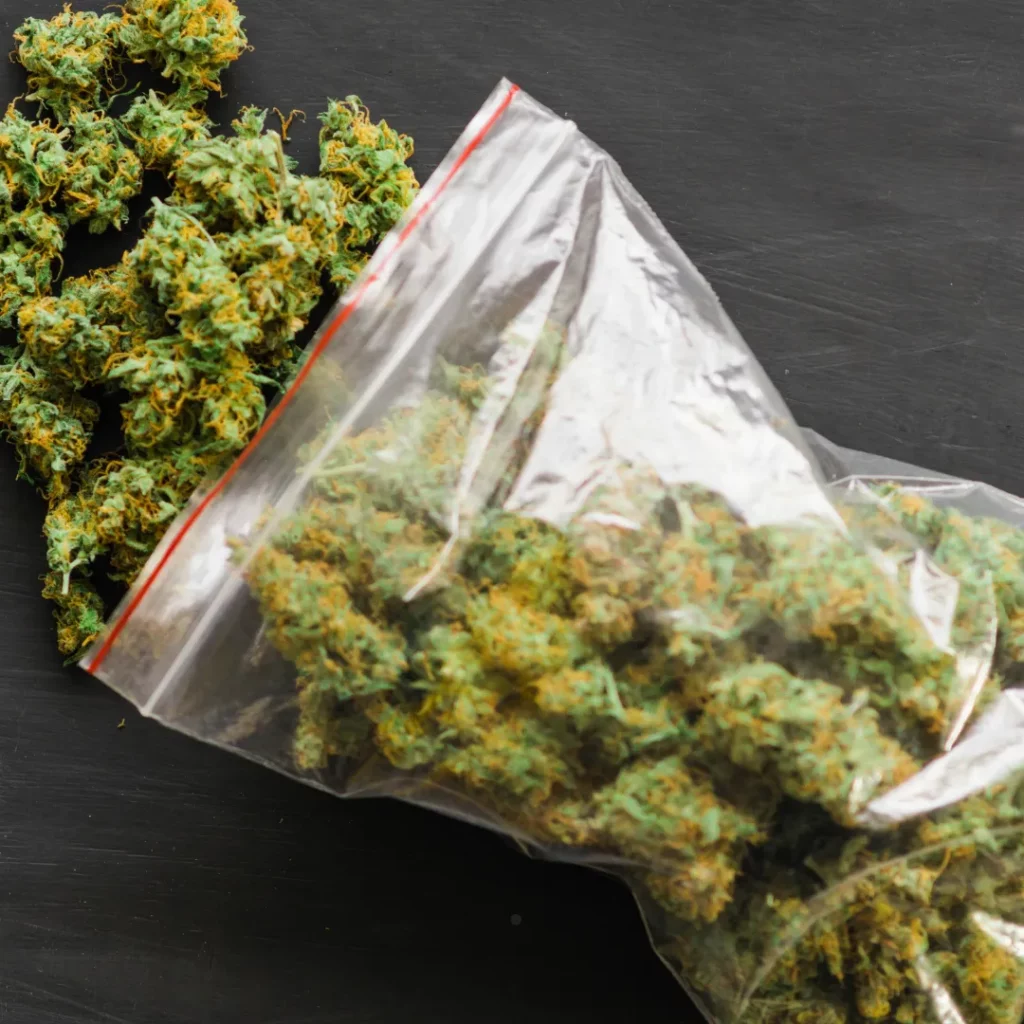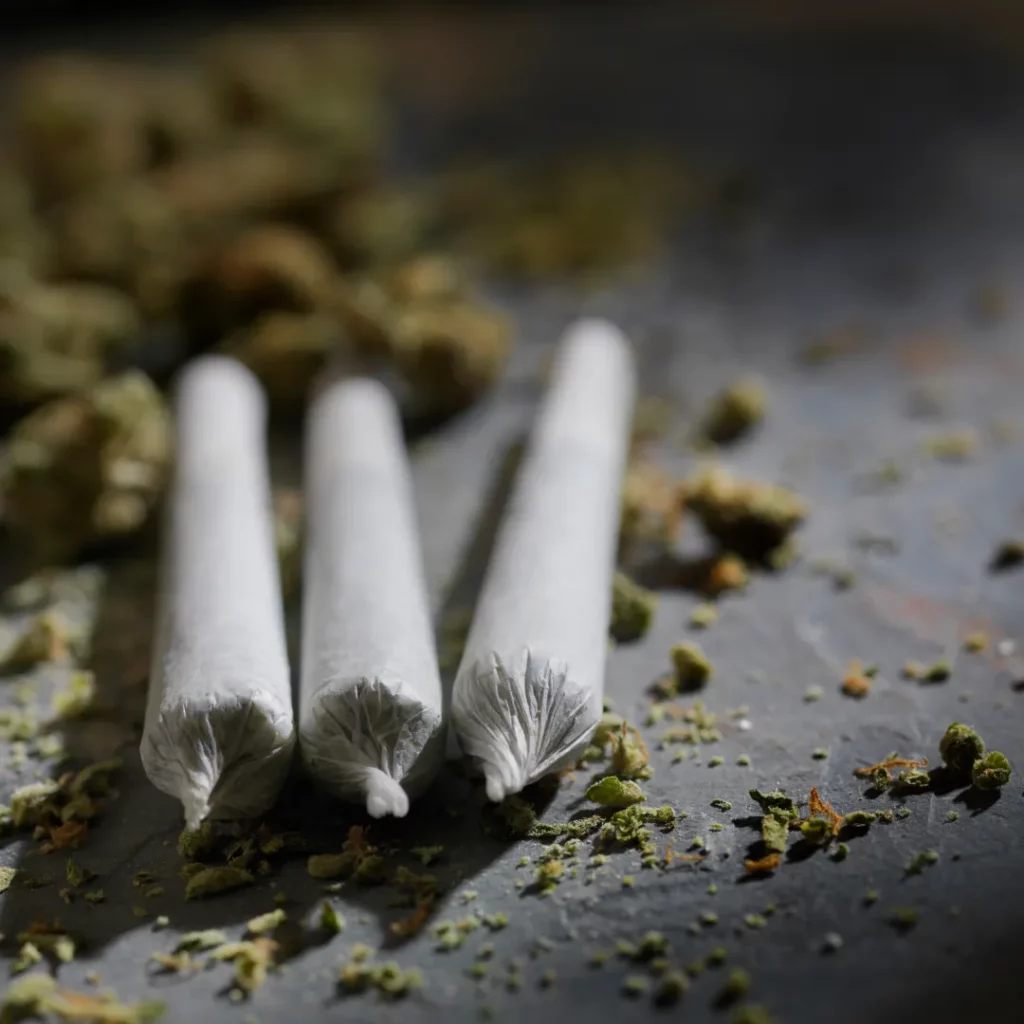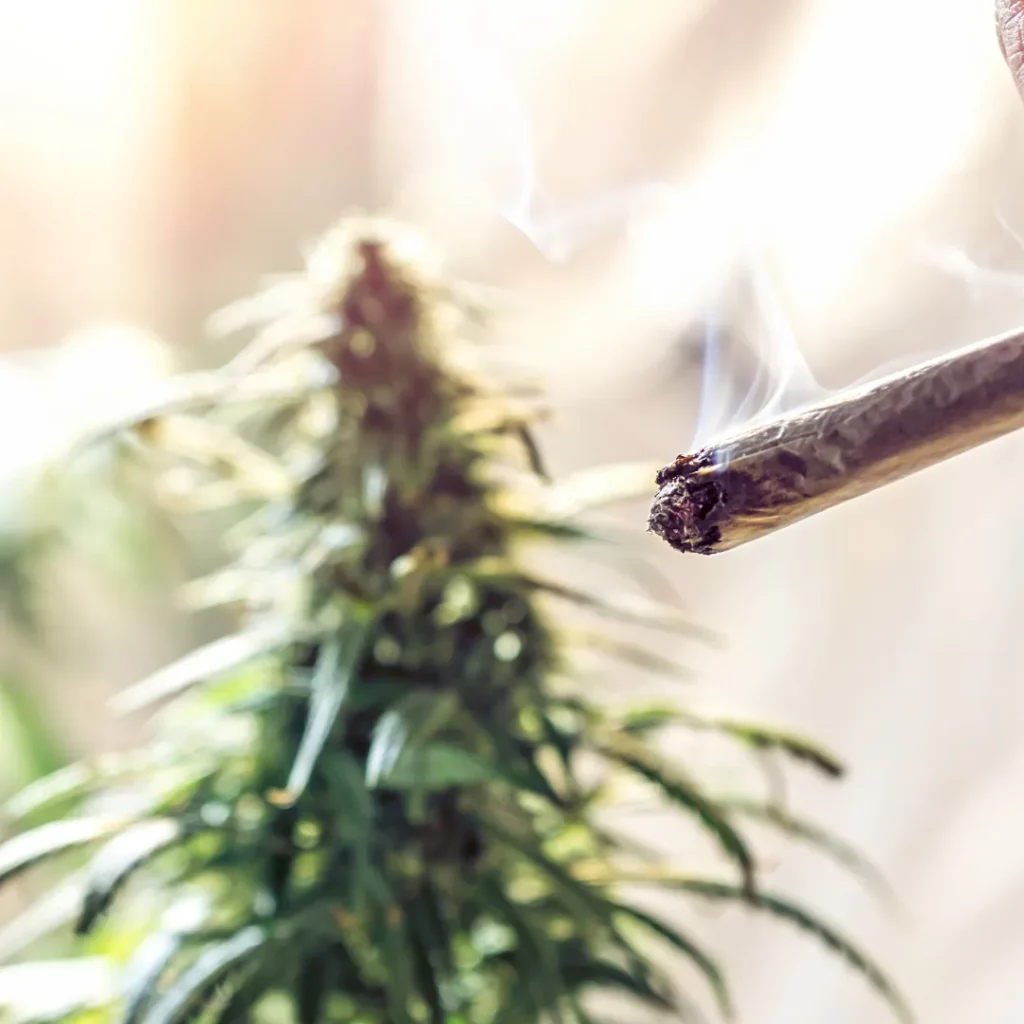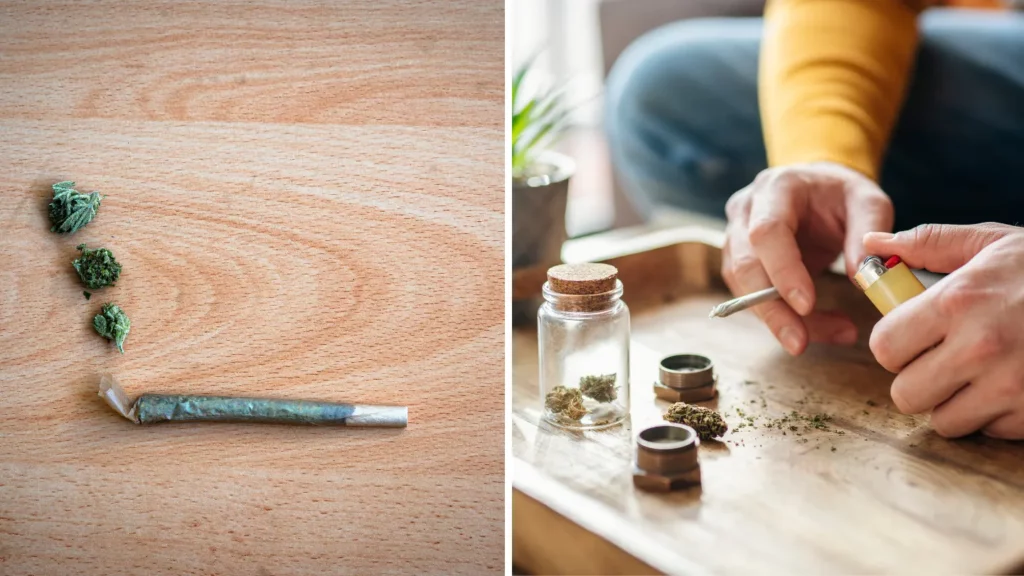Marijuana is gradually gaining acceptance globally. Increasingly, individuals are embracing the benefits of the plant for various purposes, including health concerns, anxiety relief, and leisure activities.
Nonetheless, a more recent study raises doubts about the advisability of adult usage. In particular, individuals aged 30 and older.
The findings suggest that individuals in this group might want to rethink their habit.

Using marijuana after the age of 30 Is Not advisable.
Are you 30 years old or older and partake in the occasional (or regular) joint? Recent findings from Australia indicate that it might be wise to reconsider this habit.
Researchers examined the life outcomes of individuals who use marijuana, revealing concerning results for adults over the age of 30.
A group of researchers at The University of Queensland investigated the success outcomes associated with users of amphetamines and marijuana. Researchers analyzed information from more than 8000 mothers and 2000 children regarding substance use at the ages of 21 and 30.
The team found that utilization led to decreased success rates according to nine particular criteria, which include:
- Earnings
- Property ownership
- Current status of the relationship
- Reported happiness
Significantly, these reduced success rates were observed exclusively among individuals who persisted in smoking marijuana beyond the age of 30.

The Constraints of the Research
Before you start feeling anxious about needing to break the habit by the time you hit 30 (or that you should have done it already), try not to worry too much. This study presents several limitations that indicate its results may not be universally applicable.
1. Unusual Information
This data originates from Australia and exclusively features female mothers. This perspective is quite localized, which might limit its representation of other nations. Certain data traces its origins back to 1981. Of course, this might not be relevant to today’s diverse and interconnected world.
2. Indicators of Achievement
Another constraint is the criteria established to assess an individual’s success. For instance, two indicators are owning a home and being in a relationship. Numerous cultural and geographical factors are influencing both of these aspects.
Homeownership often reflects individual priorities and location rather than a measure of one’s success.
Your decision can be swayed by factors such as having a family or the choice to put down roots in a particular location. With the rise of the digital nomad lifestyle, owning a home doesn’t automatically signify achievement.

The status of one’s relationship can be a complex factor when evaluating the concept of success. This may also be shaped by various cultural and geographical factors. Indeed, numerous accomplished individuals thrive on their own, just as many partnerships face challenges in various aspects of life.
Being in a relationship could hold significant value for you, and as such, it may play a role in your overall sense of personal achievement. It does not, however, guarantee triumph for all individuals.
3. Additional Substance Use
The study also failed to investigate whether those experiencing significant lack of success were using other substances in addition to marijuana and/or amphetamines.
“We do not have adequate data on other illicit drugs that may be being used, for example, ecstasy, opiates and even synthetic drugs,” the researchers admitted in their paper.
“A subset of those using cannabis as well as amphetamines may also be using a range of other drugs and it may be that our findings reflect polydrug use generally rather than the specific use of cannabis and amphetamines.”

What Are the Implications for You?
The study highlights that experimenting with substances during youth does not necessarily lead to an unsuccessful adulthood. What it indicates, however, is the importance of ensuring that it doesn’t evolve into a dependency in adulthood.
Excessive use of substances like marijuana in adulthood can potentially impact various aspects of life for some individuals, including work performance, relationships, and the ability to sustain stability.
If you’re considering using marijuana, feel free to do so. Just be mindful not to go overboard and ensure it doesn’t dominate your existence. If you notice a decline in your drive, excessive spending on it, or it interfering with your professional and personal obligations, it might be time to think about letting go of the habit.
Feature Image Credit: (Canva)





